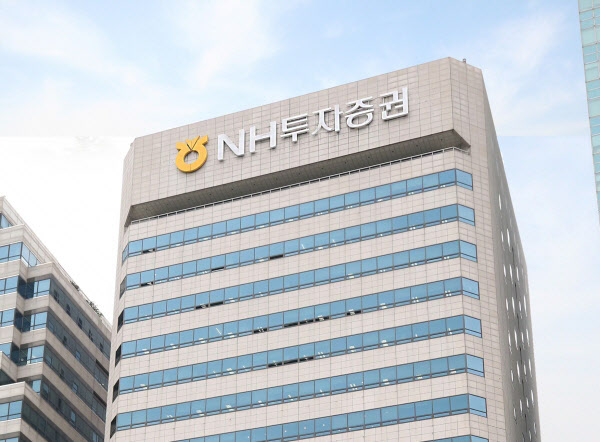KB Kookmin Bank announced plans to launch its own unified cyber security platform. Work began on the platform with IBM in the second half of last year and live service is scheduled to start after pilot operations are concluded early next month.
KB Kookmin Bank announced on the 26th that it will create a next-generation security platform, the KB Unified Cyber Security Platform, a continuous and comprehensive integrated monitoring system for security threats that is scheduled to open in May. Currently, humans cannot analyze the numerous security data generated by security systems in real-time. There is a need to improve the current security platform by developing an integrated monitoring system for individual solutions.
This is not just a problem for KB, but has been a genuine concern of the entire financial sector. In line with these needs, KB’s unified cyber security platform is being built to respond to increasing external threats by collecting and analyzing abnormal signals generated from heterogeneous security solutions and identifying correlated threats in real-time in one platform.
KB unified cyber security platform can collect and correlate security data in its entirety and uses a plug-in technology to modify the system and dashboard.
An integrated dashboard and a web system are configured as well, which enables correlation analysis of policy enforcement status and threat behavior by user-defined search. The framework supports the correlation of anomalies and manages policy enforcement through data analytics from heterogeneous security systems.
A KB employee said, “In addition to features provided from existing ESM (Enterprise Security Management), it can comprehensively respond to insider threats as well as network-based external threats with the correlation analysis.”
The platform provides machine learning capabilities, which offers a significant improvement over the limitations of existing rule-based detection, and automates security threat detection through self-learning. KB explained that it is now possible to predict anomalies such as DDoS attacks, abnormal communication, and system failures.
In particular, it provides consistent visibility of the enterprise for security policy enforcement and incident response for executives and security analysts. With this, it is expected to respond to breaches in a timely manner, and strengthen information security controls.
This unified cyber security platform is differentiated from the existing platforms in that C-level executives, including the CEO, can see the enterprise security posture like a security analyst in the field.
In the past, engineers had to analyze logs generated from endpoints, servers, and networks first. But with KB's unified cyber security platform, executives can easily see them on a single, unified screen. This type of platform that staffs as well as executives can easily use to check the security posture is unprecedented in the finance sector.
“Information security matters as it can threaten the existence of the company. But it is an invisible and often unknown issue unless you are an expert. Many companies have been making a lot of effort to increase the security awareness of their employees, but the reality is that we are experiencing a lot of difficulties,” said a KB spokesperson.
"If the accessibility to the data is improved through our system, it will naturally improve the awareness of the importance of security among our employees," added a KB spokesperson.
KB Kookmin Bank has also built a system for collecting and analyzing threat data that can be synchronized with the Korea Internet & Security Agency (KISA) and the Financial Security Agency database. It also centralized the administration of the entire firewall policies and monitoring of resource usages and operational status.
KB Kookmin Bank said that its unified cyber security platform represents a new security paradigm and will improve the information security environment and enable rapid response against new cyber attacks.
Last July, KB Kookmin Bank held an RFP briefing session for the “Unified Cyber Security Platform” and the budget was announced at 3.82 billion won including hardware, software, and professional services. After that, KB selected IBM as the main service provider.
Read the original article here: https://www.ddaily.co.kr/news/article/?no=168208



